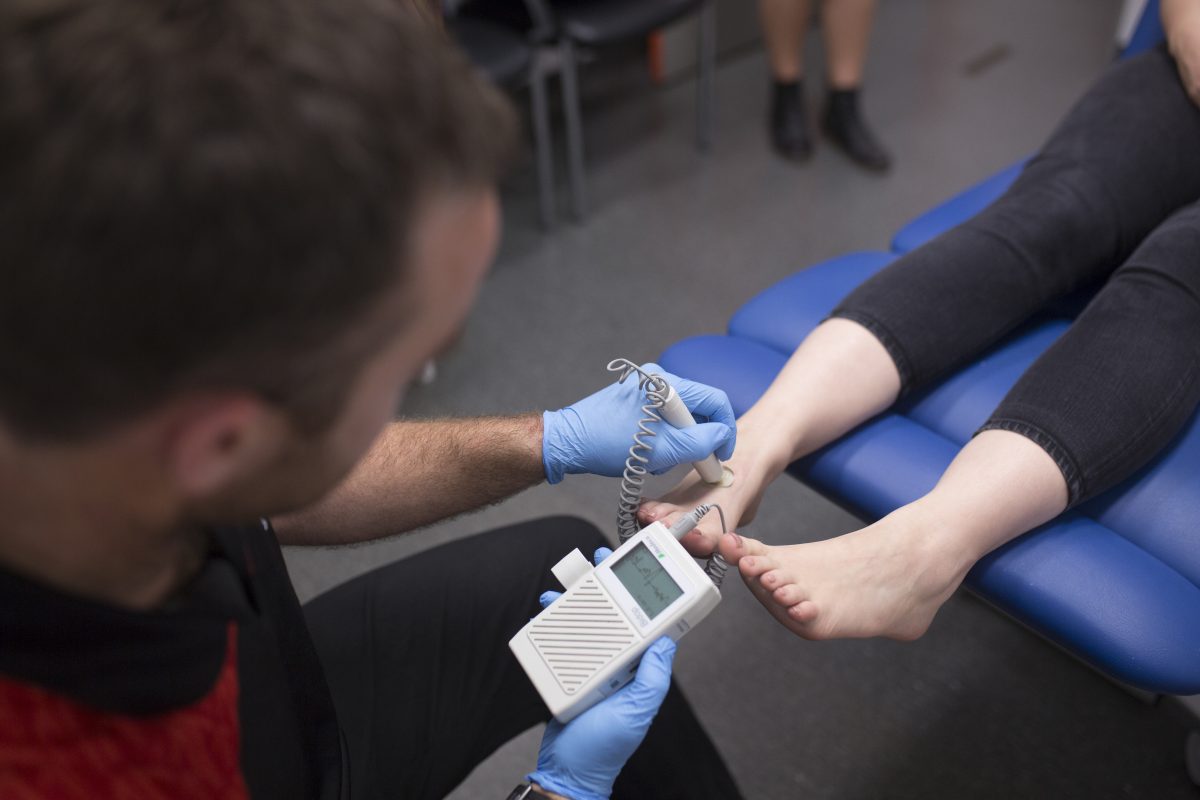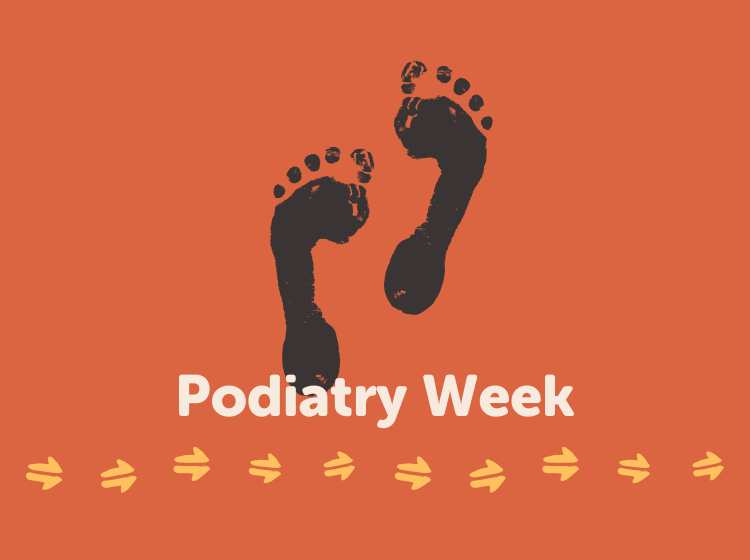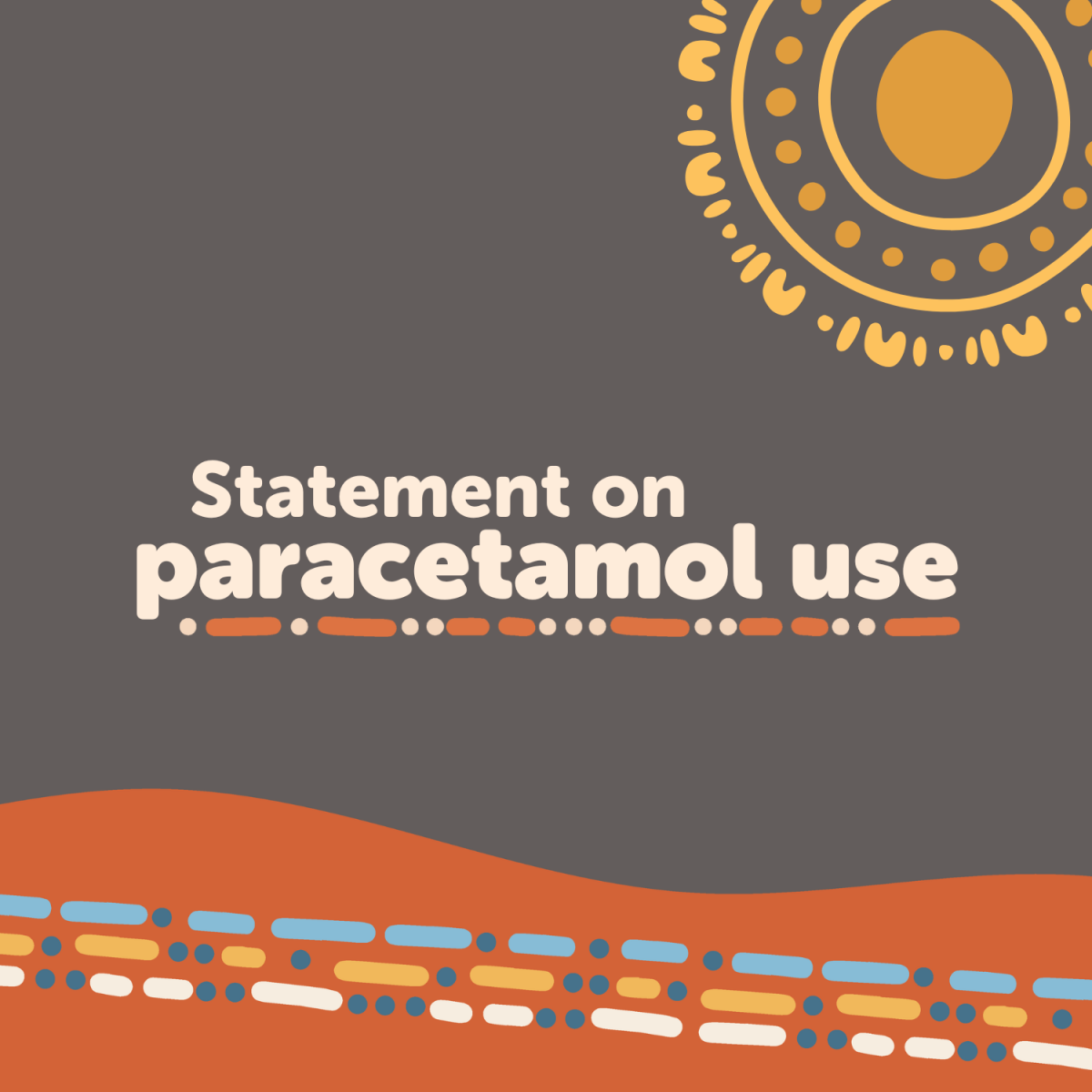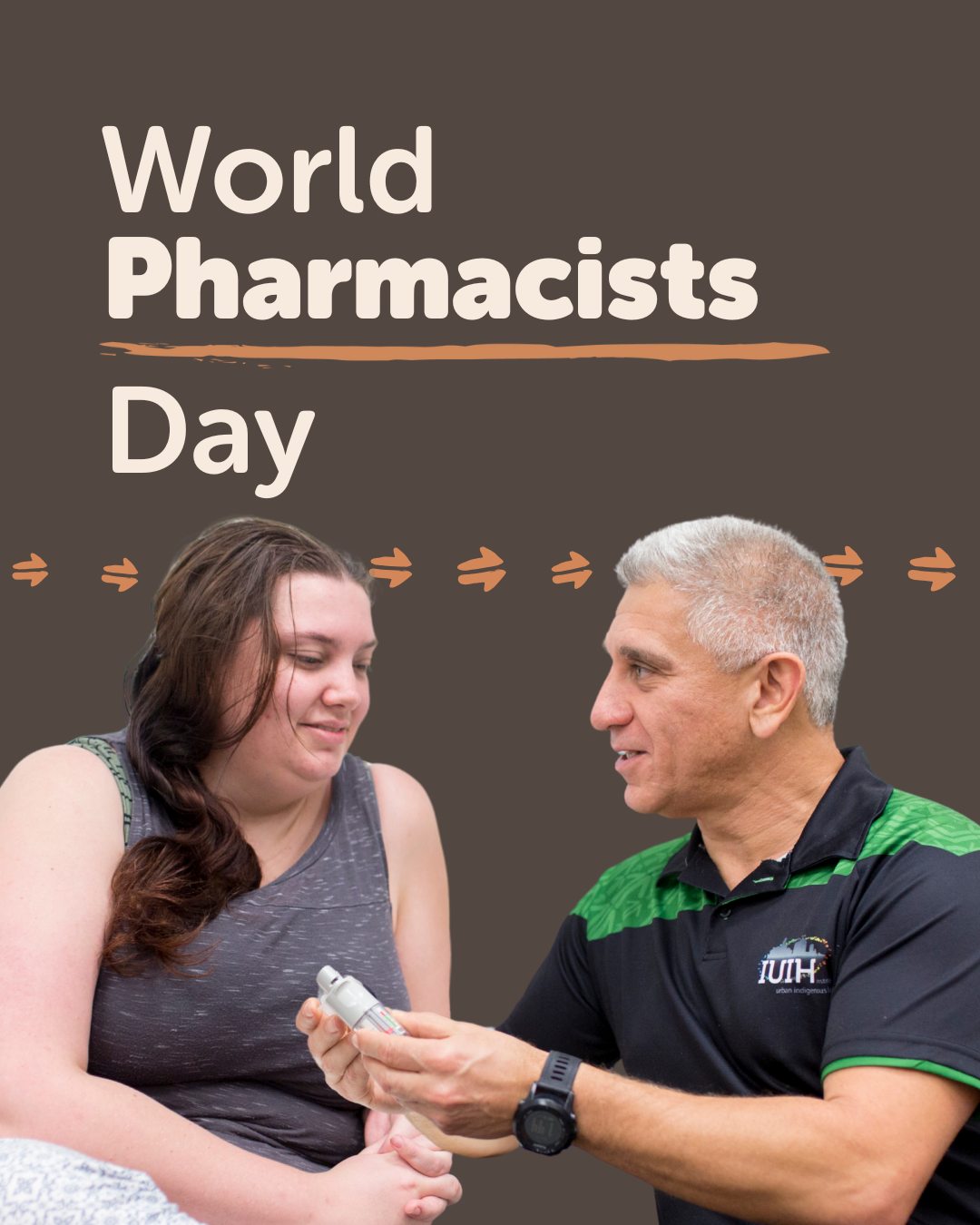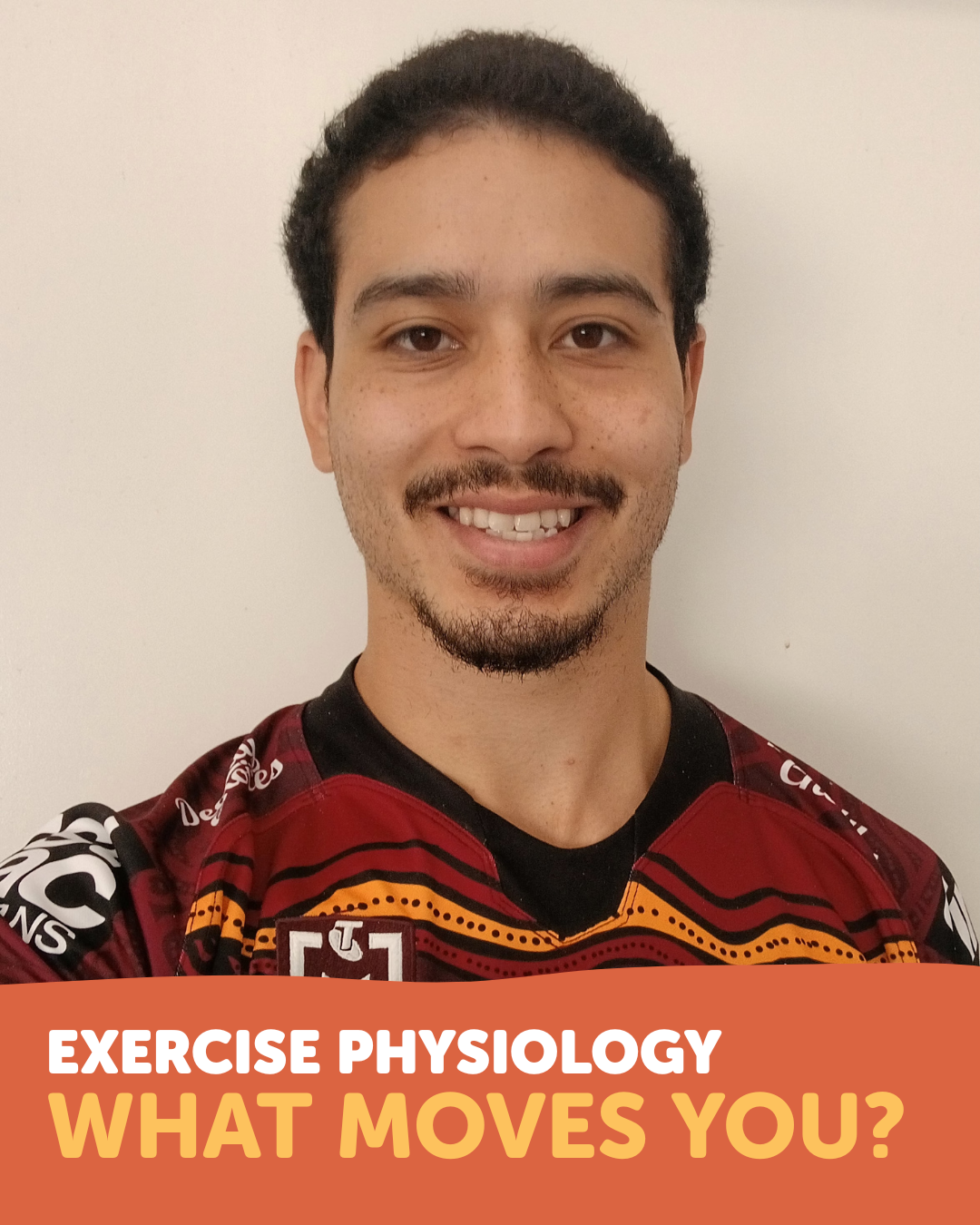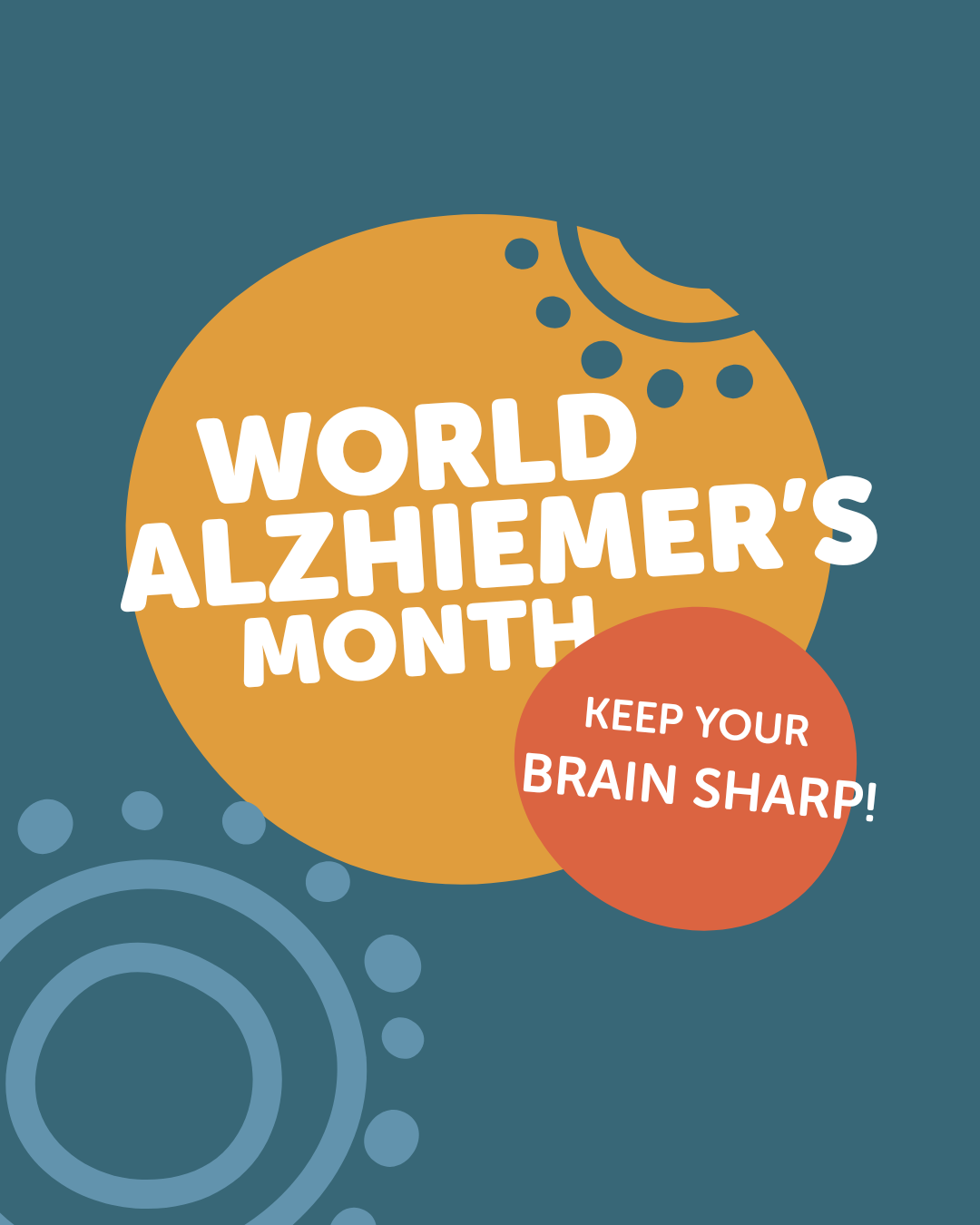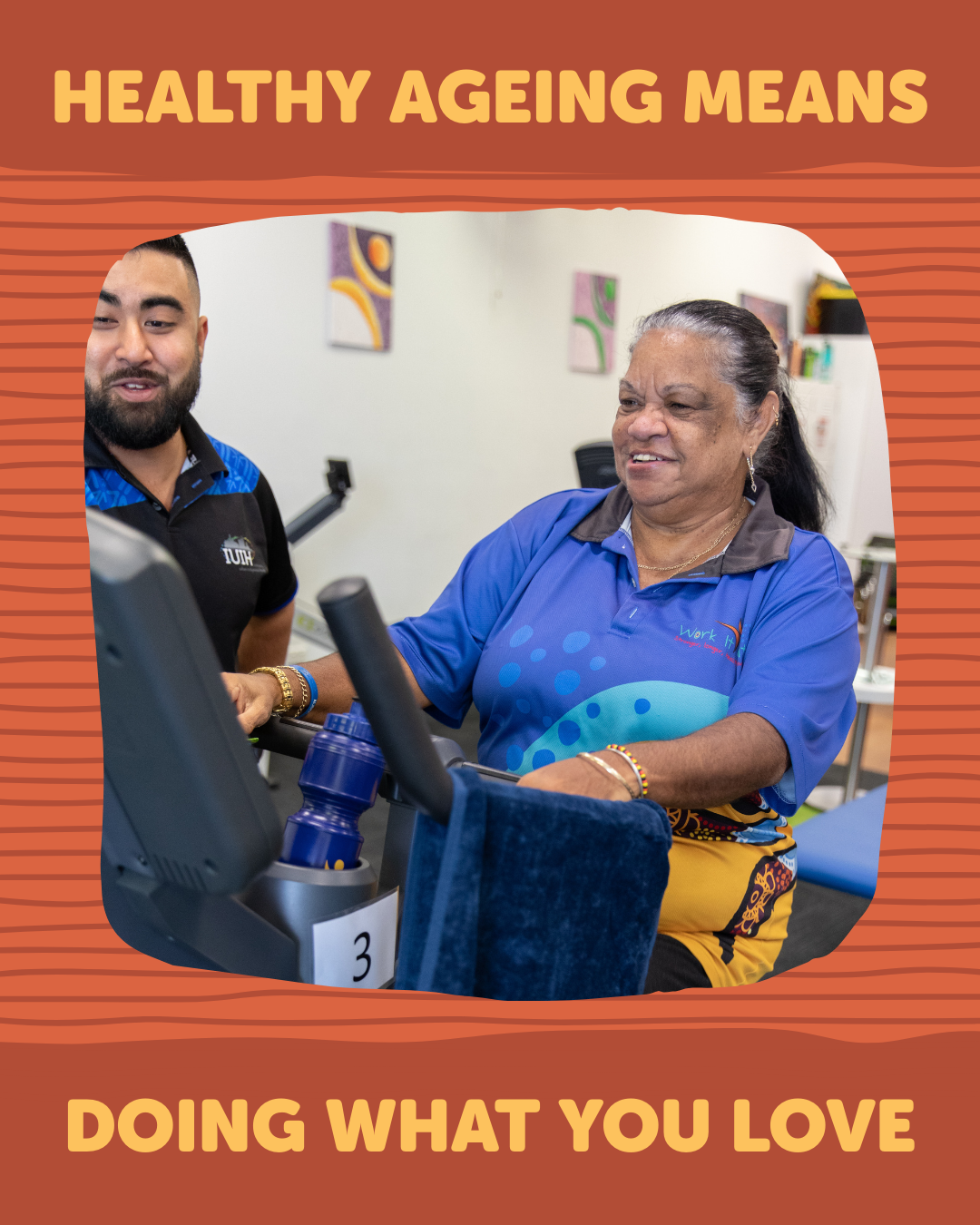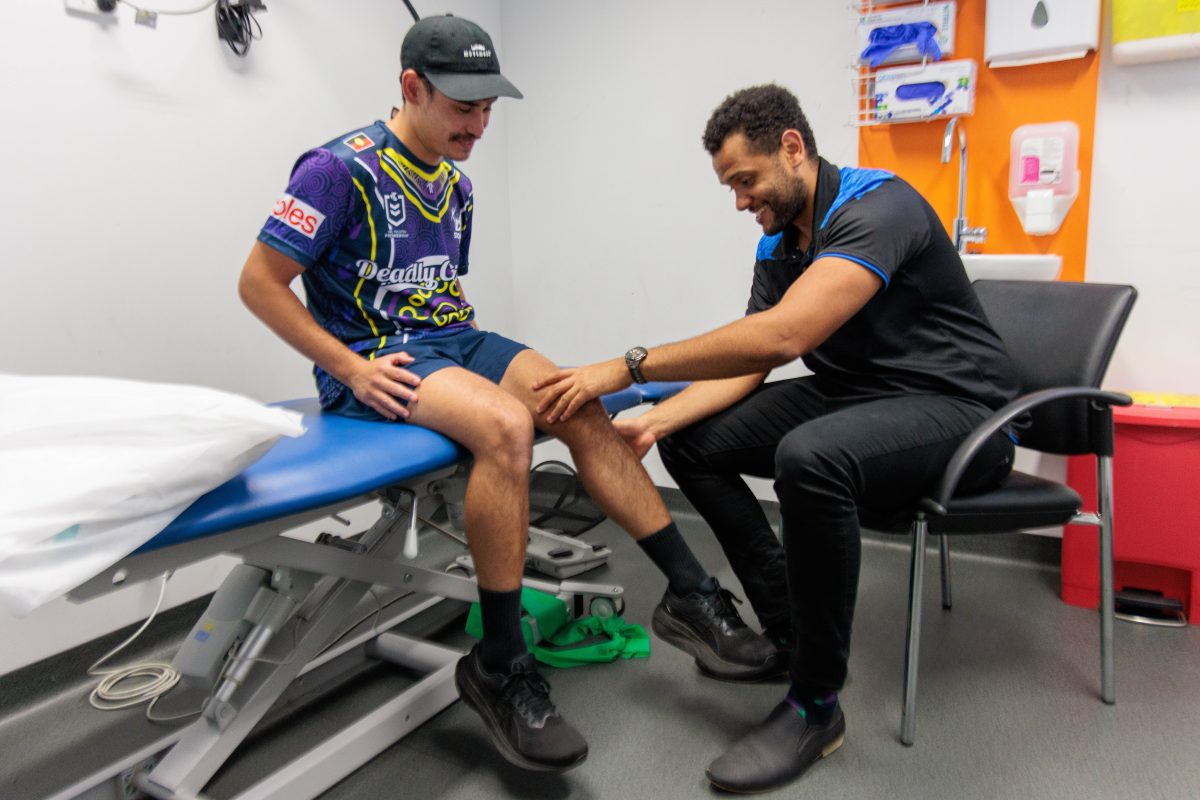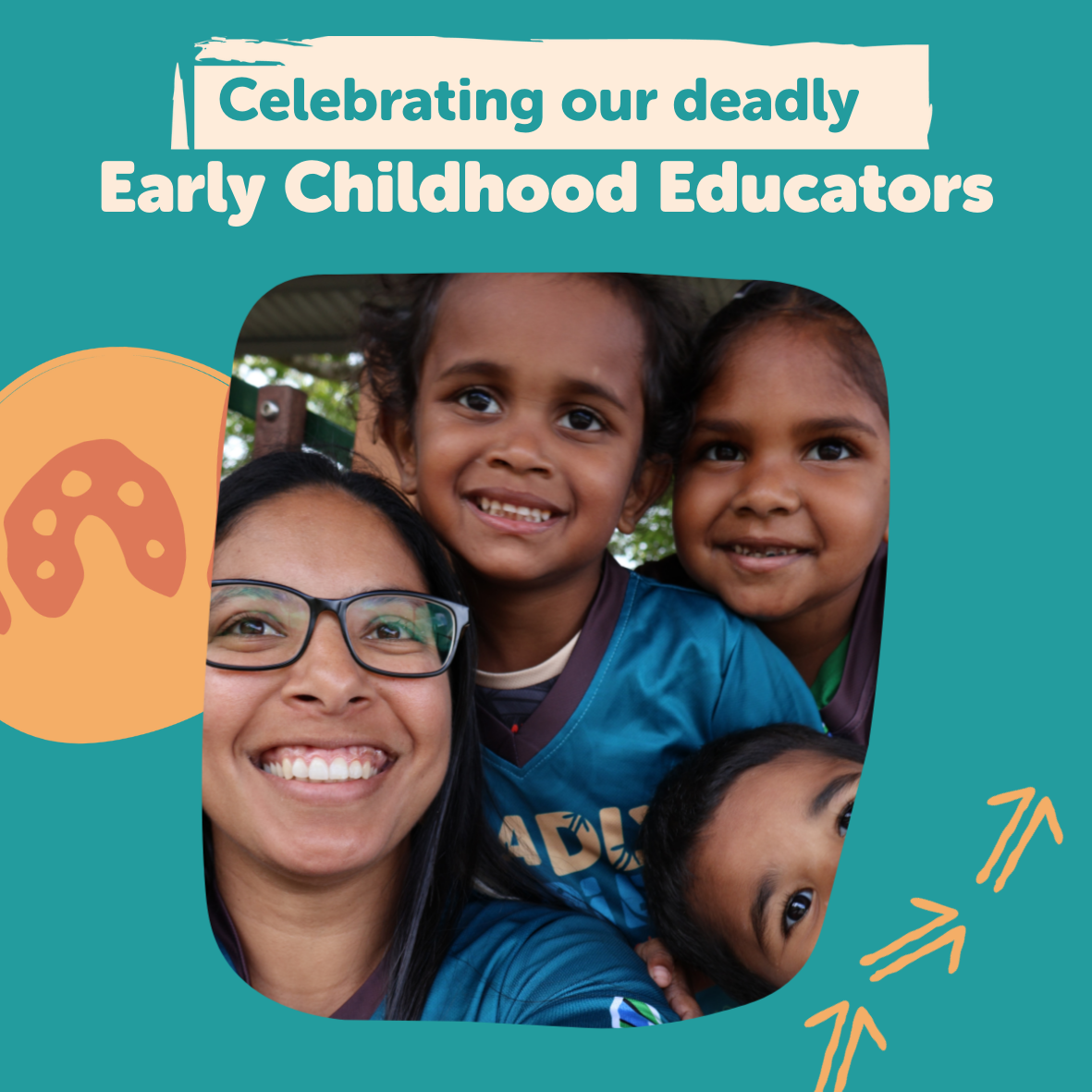At IUIH, we walk alongside our Community: step by step, story by story.
This Podiatry Week, we celebrate the vital role of our podiatrists in supporting the health and mobility of our Mob. From a jarjum’s first steps to an Elder walking pain-free, our podiatry teams are there, providing culturally safe, holistic care that empowers every journey.
For Jared Egeskov, that journey began with curiosity: “I wasn’t entirely sure what I wanted to do at first,” he says. “I knew I wanted to work in healthcare, but nursing wasn’t for me – and physio sounded a bit too competitive and tough on the hands.”
After seeing a podiatrist for supportive innersoles, Jared became intrigued by the profession and chose it as his first preference for university.
Later, a friend working at IUIH spoke highly of the meaningful and varied work. At the time, Jared was in private practice, but it felt more like sales than healthcare.
“It didn’t sit well with me,” he says. “So, I applied to IUIH – and honestly, it’s been the best decision I’ve made.”
Now, Jared’s days are filled with everything from general foot care, including trimming nails, managing calluses, and having a good yarn, to clinical assessments like checking circulation and sensation.
“It’s a bit of a mix between nursing and physio, which definitely keeps things interesting,” he says.
His scope is broad, supporting Mob with everything from diabetes foot checks and wound care to nail surgery and paediatric assessments.
Jared’s work is more than clinical – it’s Community-focused, culturally safe and deeply personal.
“Here, I get to build real relationships with my patients, work in a multidisciplinary team, and focus solely on what’s best for the person in front of me.”
And for podiatrists considering a role at IUIH?
“Be flexible and ready for anything,” Jared advises. “No two days are the same – one moment you’re doing routine nail care, the next you’re called in by a nurse or GP to lend a hand with something unexpected. It’s a collaborative, fast-paced environment, and if you’re open-minded and adaptable, you’ll thrive.
“You’ll grow as a clinician and make a real difference.”
From First Steps to Next Steps, we’re proud to walk alongside our community, with podiatrists like Jared Egeskov making a difference every day.

